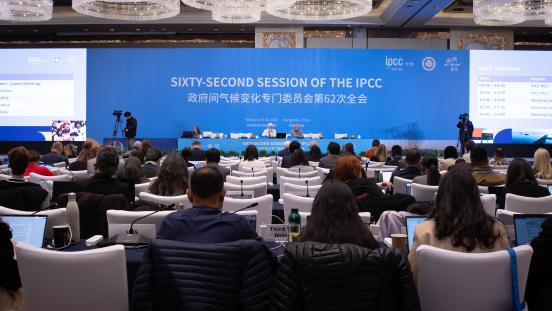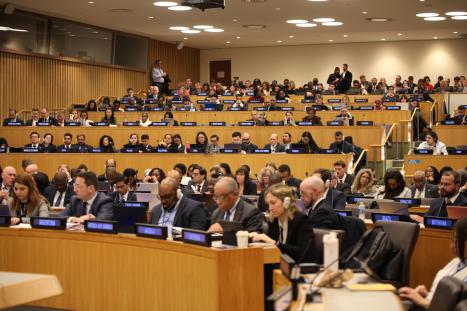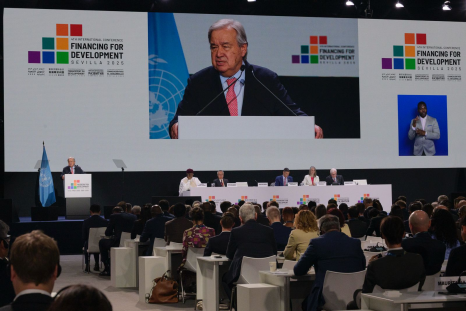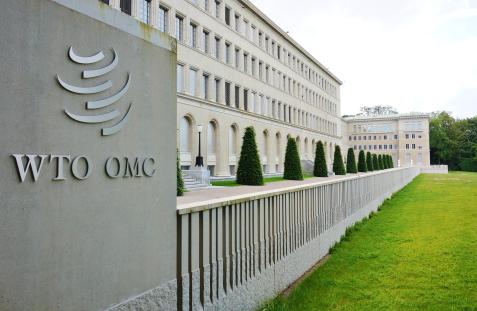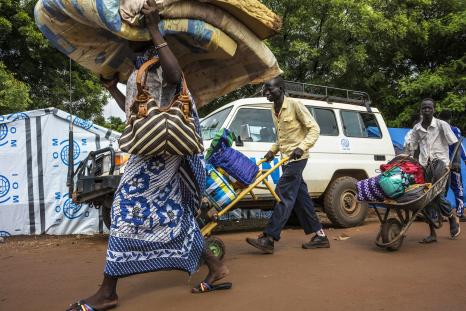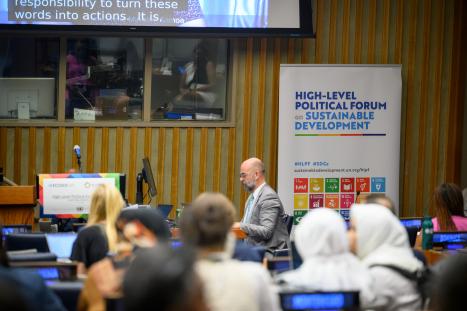The Equitable Development pillar advances insights and research in economic development cooperation and reforms to the international financial architecture, as well as evidence-based policy solutions to promote more inclusive economic governance toward inclusive growth, achievement of the Sustainable Development Goals and improved human mobility.
Highlights
Blog Post
Small AI, Big Results
How accessible, task‑focused AI tools can advance more equitable and sustainable development.
Media Coverage
Private credit rating agencies shape Africa’s access to debt. Better oversight is needed
In The Conversation, Daniel Cash explains how private credit rating agencies wield governance-like power over Africa’s access to development finance.
Recent Publications
Commentary

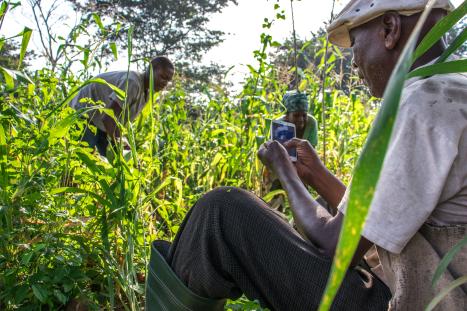
Blog Post
Small AI, Big Results
Media Coverage
How Credit Rating Agencies are Reshaping Development Finance
In Development Matters Daniel Cash explains how shifting credit rating methodologies are raising the lending power of multilateral development banks.
Media Coverage
Opinion: At the UN, we need to do better with less. Here’s how
In Devex, Nicole Goldin and David Passarelli argue that the UN80 reforms can deliver more impact through purpose, pace, priority and precision.

Blog Post
Pivoting development for a new era
News and Events
News
UNGA High-Level Week: Evidence and Ideas for Global Action
UNU-CPR evidence is helping to shape discussions and the future of multilateralism.
Event
Roundtable dialogue on Beyond SDGs
An experts dialogue to reflect on the future of global sustainable development beyond the 2030 Agenda.
News
Connecting Decent Work to Sustainable Growth
UNU-CPR's Dr. Nicole Goldin intervenes at the 2025 UN High-Level Political Forum on Sustainable Development.
Event
Fourth International Conference on Financing for Development (FfD4)
Supporting reform of the international financial architecture and mobilizing investments in the Sustainable Developments Goals.
Side Event
Credit ratings and sustainable development investment
Identifying practical pathways to reform the credit rating ecosystem.
Event
The road to 1.3T: the Baku to Belém roadmap
Aligning climate finance with real economy needs and demographic realities.
Symposium
Rethinking global debt: reforming the international financial architecture
UNU-CPR experts joined the Helsinki Symposium to chart practical, politically viable solutions for a more equitable global financial system.
Symposium
A survey of designs for a new global sovereign debt mechanism
Strengthening the global debt architecture: design options for a more predictable, equitable and reliable system
Event
International financial architecture reform: Towards a new governance for a fair and equitable economic order
Exploring how we can deliver more funding, faster, and on a more sustainable basis
Workshop
Innovative finance to ensure stability in the face of adverse climate change impacts
Exploring strategic solutions for resilient climate finance and real economy stability.



